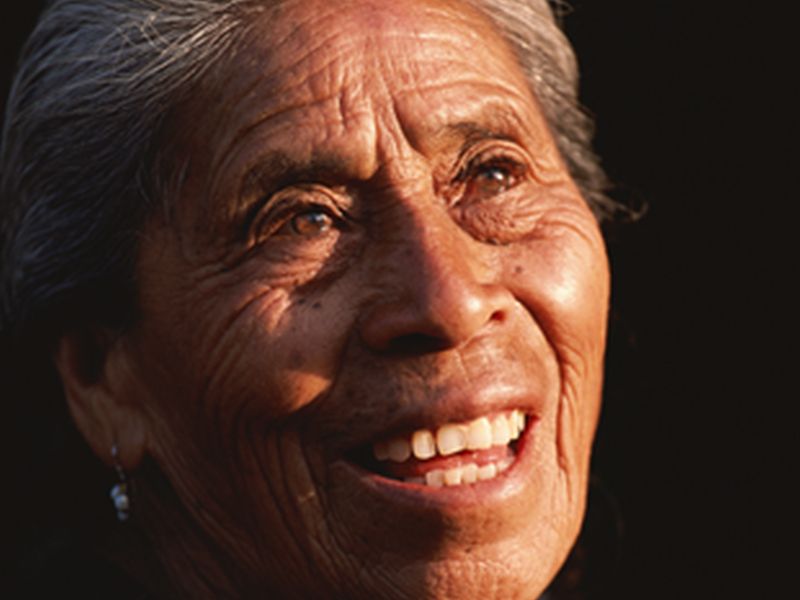Manténgase sano!

- Robert Preidt
- Posted October 21, 2019
American Indians May Have Higher Odds for A-Fib
American Indians have a higher rate of the irregular heartbeat known as atrial fibrillation than other racial/ethnic groups, a new study suggests.
Commonly called a-fib, the heart rhythm disorder affects about 2.7 million people in the United States, putting them at increased risk of stroke and other heart diseases.
For this study, researchers analyzed 300,000 new cases of a-fib between 2005 and 2011 in California. During that time, 7.5 cases a year were diagnosed for every 1,000 American Indians.
Among all other racial/ethnic groups in the United States, the rate was 6.9 a year per 1,000 people.
Even after the researchers adjusted for factors such as age, sex, income and heart and other diseases, the rate remained higher among American Indians, according to the study published Oct. 21 in the journal Circulation.
The findings surprised researchers, according to principal investigator Dr. Gregory Marcus, professor of atrial fibrillation research at the University of California, San Francisco.
"Understanding the mechanisms and factors by which American Indians experience this higher risk may help investigators better understand the fundamental causes of atrial fibrillation that prove useful to everyone at risk for a-fib, regardless of their race or ethnicity," he said in a journal news release.
Damage to the heart from uncontrolled high blood pressure and other conditions can increase the risk of a-fib, but its root cause is sometimes unknown.
Previous research found that whites have a higher a-fib risk, even though American Indians and other populations may have more risk factors. But no previous a-fib research in the general population has included American Indians.
Researchers noted that the study has several limitations that could have affected its findings. For example, it relied on existing data and was observational, and therefore could not pinpoint why American Indians had a higher a-fib risk.
More information
The U.S. National Heart, Lung, and Blood Institute has more on atrial fibrillation, or a-fib.
SOURCE: Circulation, news release, Oct. 21, 2019

